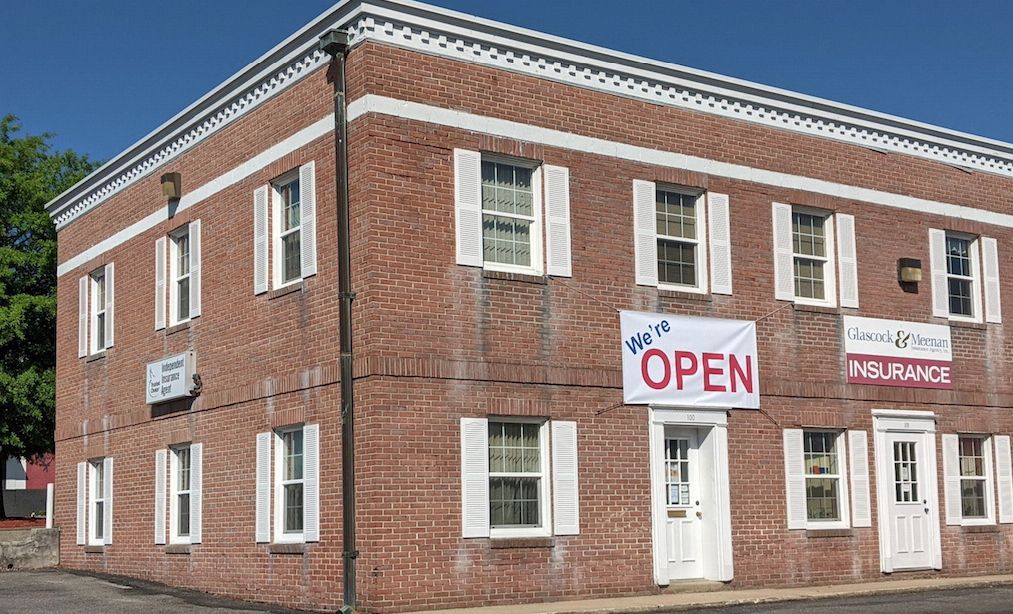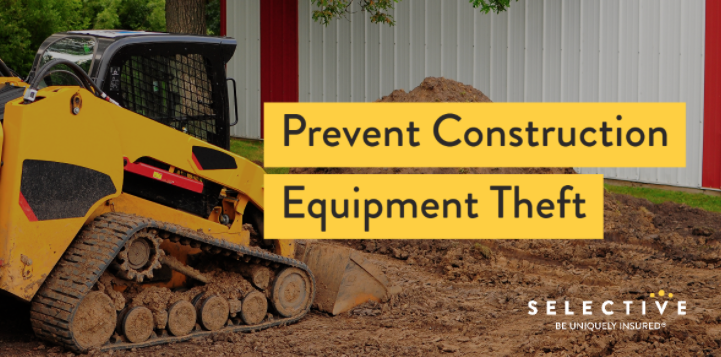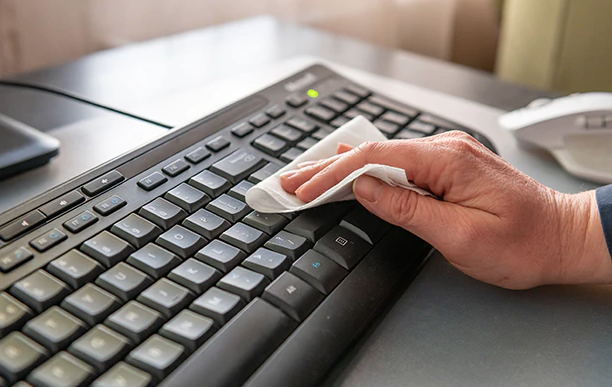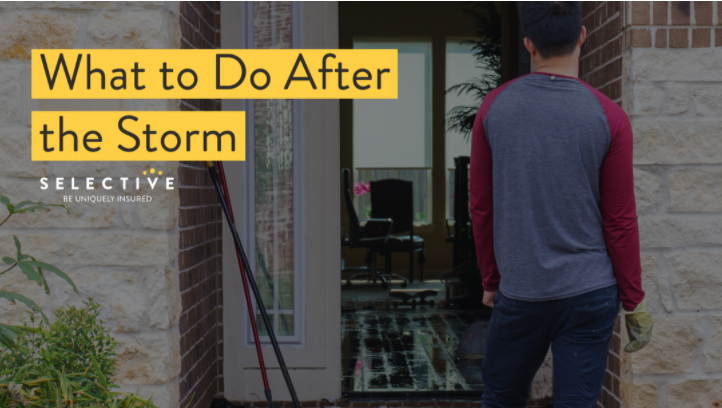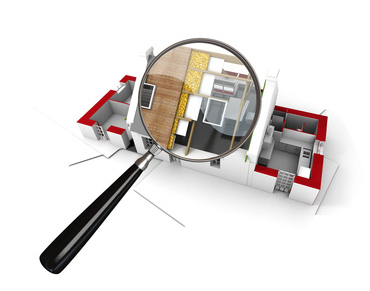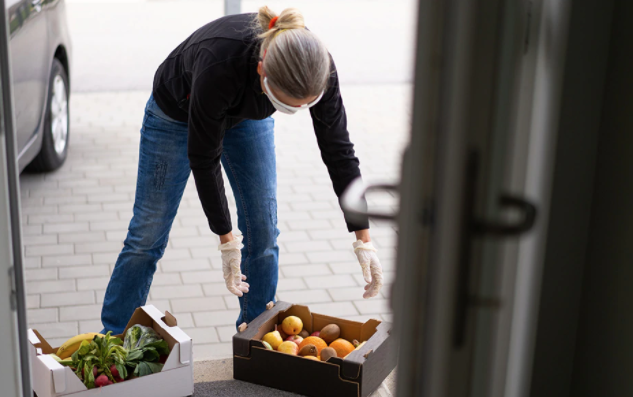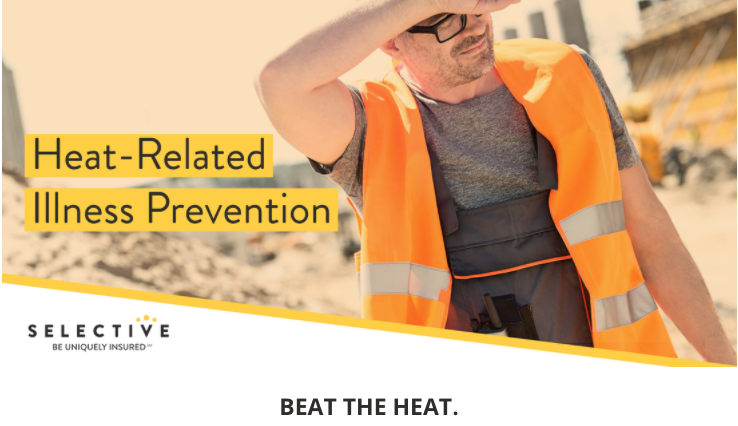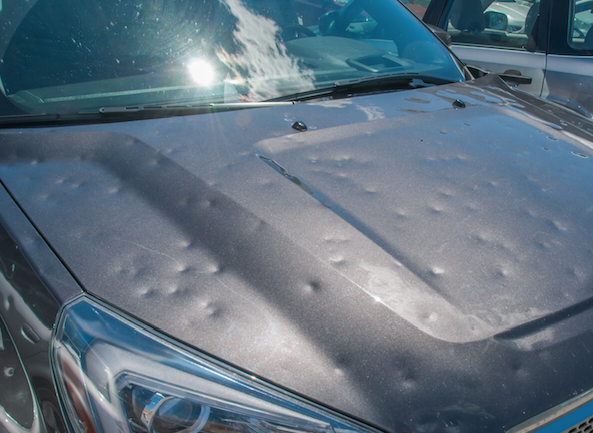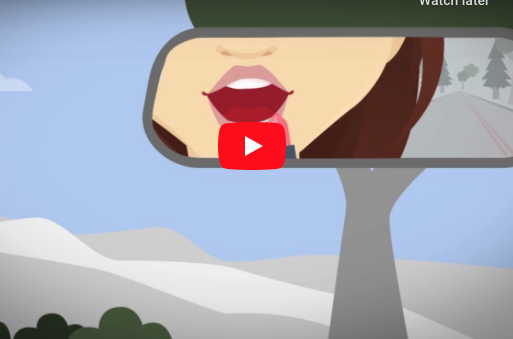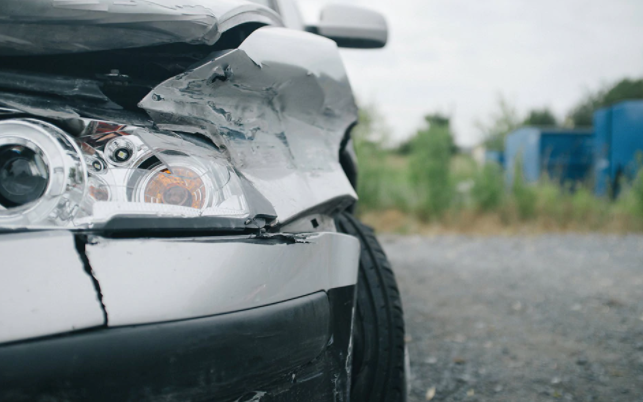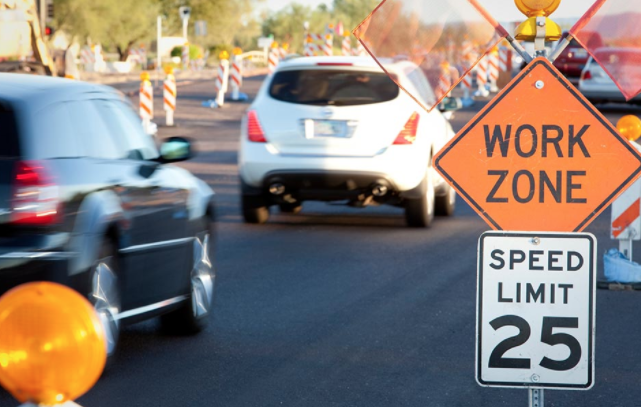Disaster Planning Guide
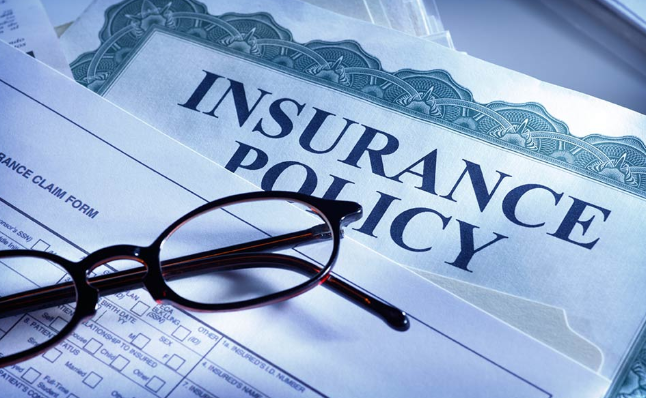
The best time to think about a natural disaster is when there is not one in sight and you can undertake effective planning without stress. Start by getting organized and doing simple tasks.
Download Our Disaster Preparedness Checklist >
Here is What You Need to Do:
- Review your insurance policy to ensure you have sufficient coverage. Your Travelers representative or insurance agent can help.
- Create safety plans for your family and your business. Families, draw up an evacuation plan that tells everyone where to go and how to keep in touch during an emergency. Businesses, write a business continuity plan that outlines what you will do and who you can call on to keep your business running in the event of a disaster.
- Build a content inventory to document the items in your home or at your business.
- Prepare a survival kit of things you might need if disaster strikes.
- Perform routine maintenance such as tree-trimming, gutter cleaning and debris removal around your home or office building. Make sure drains and sump pumps are clear. Read More
